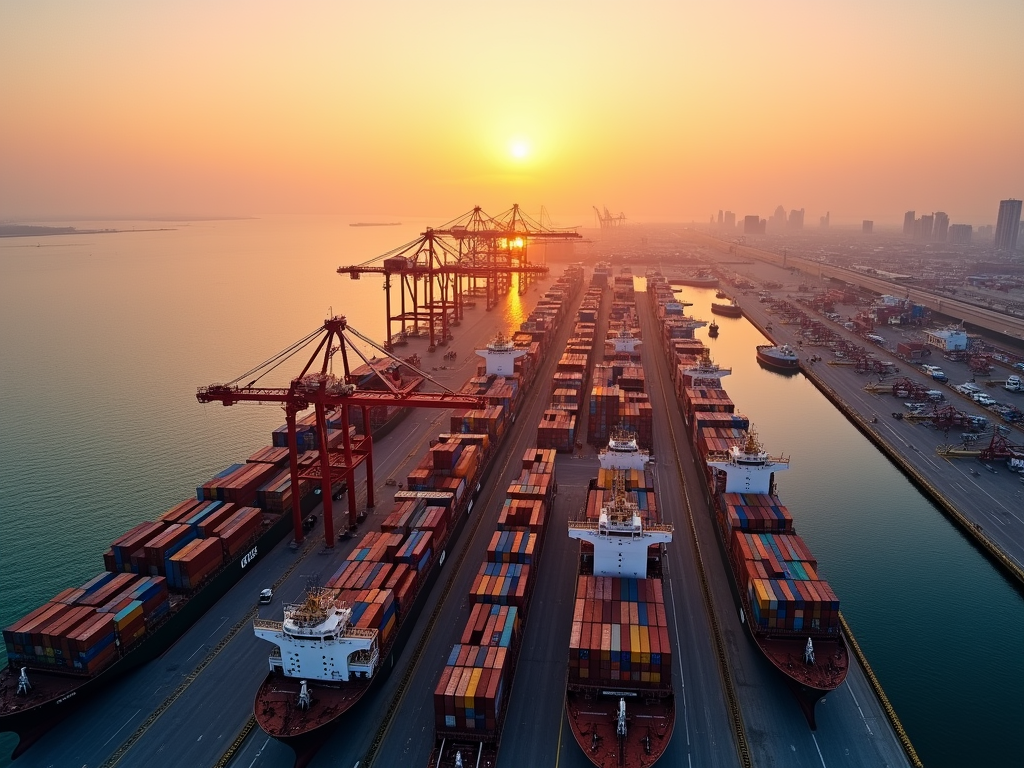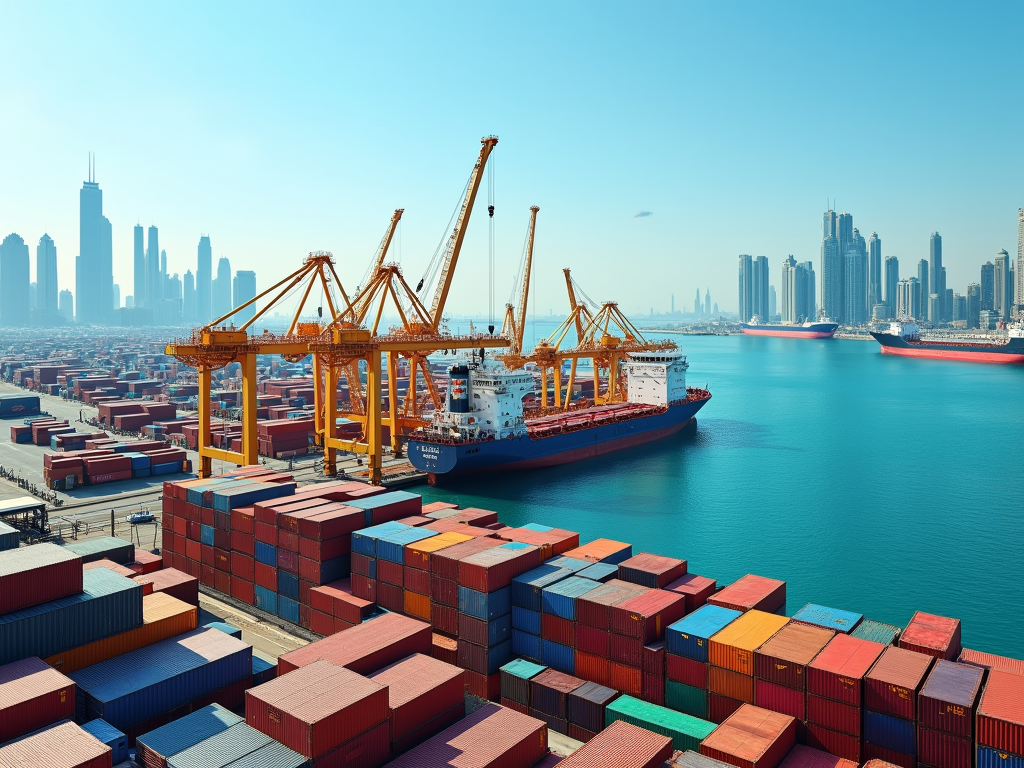Dubai’s strategic location between Europe, Asia, and Africa makes it a hub for import and export businesses. This favorable geographic position, coupled with advanced infrastructure and a robust economy, allows companies to optimize trade routes and expand their international reach efficiently. In this article, we will explore the various reasons why Dubai is an optimal choice for businesses engaged in importing and exporting goods. We will look at its connectivity, logistics infrastructure, free zones, economic incentives, and the overall business environment that supports international trade.
Geographic Advantage

One of the primary reasons Dubai stands out for import and export businesses is its unique geographic advantage. Positioned at a crossroads where the East meets the West, Dubai provides unparalleled access to major global markets. The city acts as a gateway to numerous countries, facilitating seamless trade flows. Key attributes include:
- Proximity to Major Markets: With extensive air and sea links, Dubai allows companies to reach over 2.5 billion consumers within just a few hours’ flight.
- Time Zone Benefits: Dubai’s time zone aligns well with both the Asian and European markets, providing operational flexibility for businesses to conduct trade across regions.
- Strategic Alliances: Dubai’s trade agreements with various countries reduce tariffs and customs duties, creating an inviting environment for international business.
World-Class Logistics Infrastructure

Dubai boasts a world-class logistics infrastructure that plays a critical role in its effectiveness as a trading hub. The city is renowned for its state-of-the-art ports and airports, which facilitate efficient cargo handling. Key features include:
- Dubai International Airport: One of the busiest airports globally, catering to millions of passengers and cargo shipments each year.
- Jebel Ali Port: The largest man-made harbor in the world serves as a vital maritime hub in the region, supporting the flow of goods.
This extensive logistical network not only reduces shipping times but also lowers transportation costs, making it an attractive domain for businesses involved in import and export. Moreover, investment in infrastructure projects indicates a commitment to sustaining growth in this sector.
Free Zones and Economic Incentives
Dubai features more than 30 free zones, each specializing in different industries, such as technology, trade, and logistics. These free zones provide numerous benefits that nurture the growth of import and export businesses, including:
- 100% Foreign Ownership: Unlike other regions in the UAE, businesses in free zones can enjoy full ownership without the need for a local sponsor.
- Zero Taxes: Import and export duties are waived, and there is no corporate tax for a specified period, significantly enhancing profitability.
- Ease of Setup: Quick and straightforward processes for business registration and licensing mean faster market entry.
Such economic incentives attract businesses globally, allowing them to operate in a favorable environment that promotes trade and innovation.
Supportive Business Environment
The overall business climate in Dubai is exceptionally conducive to international trade. Government initiatives, regulatory frameworks, and a dynamic economy create an atmosphere that encourages entrepreneurship and foreign investment. Factors that contribute to this environment include:
- Government Support: Various initiatives aimed at enhancing the ease of doing business pave the way for greater trade opportunities.
- Diverse Economy: A shift from oil dependency to a diversified economy ensures stability and continual growth across various sectors.
- Networking Opportunities: Dubai hosts numerous trade shows and exhibitions that present valuable platforms for businesses to connect and explore collaboration, fostering a vibrant trading community.
This synergy between government support and private enterprise makes Dubai a magnet for those in the import and export business sector.
Conclusion
In summary, Dubai’s strategic location, outstanding logistics infrastructure, generous economic incentives, and a supportive business environment collectively establish the city as a premier hub for import and export businesses. By leveraging these advantages, companies can effectively optimize their global operations, reduce costs, and enhance accessibility to international markets. As the world increasingly gravitates toward diverse trading partnerships, Dubai stands as a beacon for businesses aiming to expand their horizons and achieve remarkable success in the global market.
Frequently Asked Questions
- What is Dubai’s main advantage for import and export businesses?
Dubai’s strategic location provides proximity to major markets in Europe, Asia, and Africa, facilitating seamless trade flows. - What are Dubai’s free zones?
These are designated areas where businesses can operate with benefits such as 100% foreign ownership and zero taxes. - How does logistics infrastructure in Dubai support trade?
With advanced ports and airports like Jebel Ali and Dubai International Airport, Dubai ensures efficient cargo handling and reduced shipping times. - What economic incentives does Dubai offer to companies?
Businesses enjoy tax exemptions, simplified licensing processes, and supportive government initiatives aimed at fostering trade. - Are there networking opportunities for import/export businesses in Dubai?
Yes, Dubai hosts various trade shows and exhibitions that provide valuable platforms for businesses to network and collaborate.



